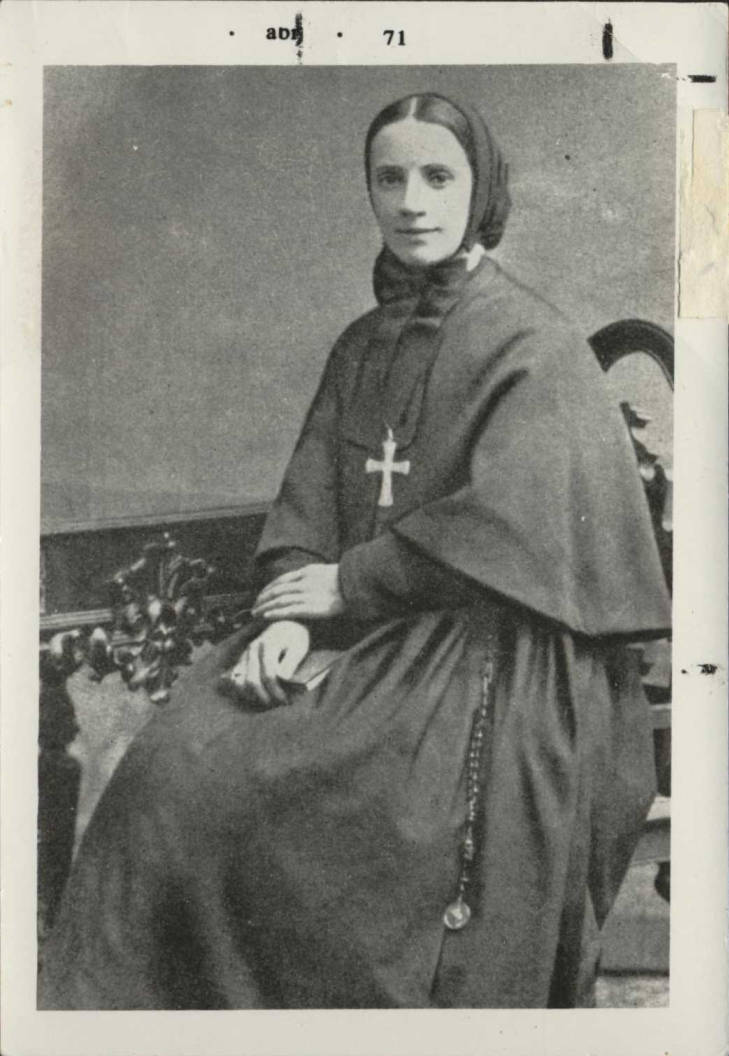National Endowment for the Humanities Grant Funds New Mother Cabrini Exhibition
A federal grant from the National Endowment for the Humanities (NEH) will fund the next phase in a Cabrini-led effort to digitize and exhibit artifacts telling the life story of University namesake Saint Frances Xavier Cabrini. Totaling nearly $150,000, the grant affords access to critical hardware, software, and data storage tools, as well as professional photography, supporting the creation of an online exhibition titled “America’s First Citizen Saint: The Saint Frances Cabrini Collection.”
“Everyone can relate to something in Mother Cabrini’s life, whether it’s her spirituality, love for Christ, or her work with immigrants, the poor, and orphans,” said Anne Schwelm, Director of the University’s Holy Spirit Library. “It’s such a compelling story, and this project will help it to be told.”
The project is expected to be completed in spring 2024, though the Holy Spirit Library began digitally cataloging photographs, portraits, letters, and other documents related to Mother Cabrini for The Cabriniana Collection in 2019. Much of the work to date has been supported through contributions to a fund named in honor of Sister Mary Louise Sullivan, MSC, PhD (’63), a former Cabrini President and Mother Cabrini historian.
While the collection resembles a digital catalog at this phase in its development, Schwelm said the NEH grant will allow us to expand from this foundation and “enable us to really create a digital exhibition that links the artifacts and puts them together to tell [Mother Cabrini’s] story.”
Schwelm said there is interest in collaborating with other archivists to link together Mother Cabrini’s archives with those of other saints. “We’d love to see this as one component of digitizing America’s saints,” she said.
The project has roots in academia, but Schwelm said she sees it making a broader impact in K–12 education, as well as with anyone who has an interest in American history. She said the collection’s primary sources offer an important look into the anti-immigrant and anti-Catholic prejudices Mother Cabrini faced, while underscoring students’ broader diversity, equity, and inclusion education.
Requests for access to artifacts have already come from Mother Cabrini shrines in New York City, Chicago, and Denver. In addition to the “First Citizen Saint” digital exhibition, the project will also be available through digital portals, including the Catholic Resources Research Alliance and Digital Public Library.
“The digital collection is so important because it will make the story of Saint Frances Cabrini and her legacy available to anyone who may be seeking information about her online,” said Christine Marie Baltas, MSC (’66), when the Cabriniana Collection opened in 2019.
